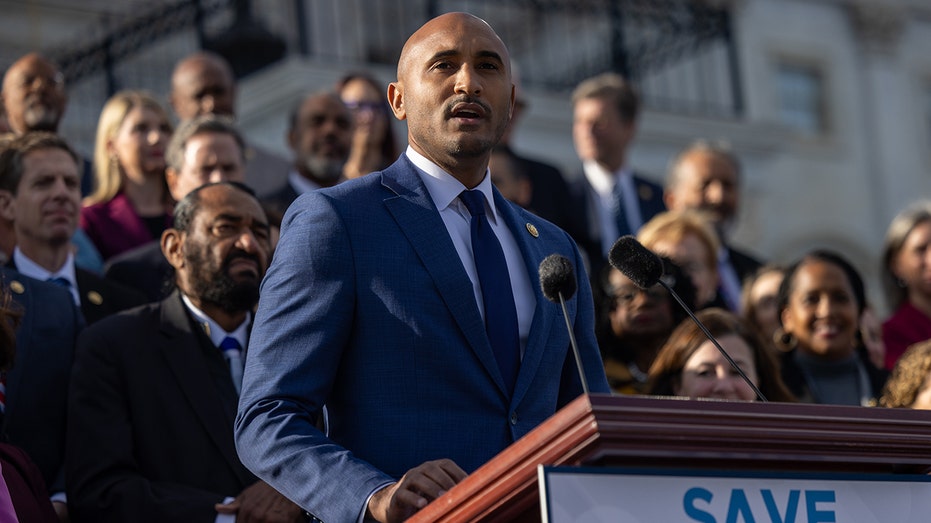A wave of anger is building in Indiana as a crucial opportunity to reshape the state’s congressional districts appears to have slipped away. Despite a significant Republican advantage and a strong showing for Donald Trump in the last election, a pivotal vote on redistricting has been stalled.
The situation has ignited a firestorm of criticism, with accusations of betrayal leveled against a small group of state senators. These lawmakers, despite pressure from prominent figures including former President Trump, Vice President Vance, and Governor Braun, have refused to support a vote that could solidify Republican control in the upcoming 2026 midterms.
The core of the dispute lies in the refusal of five Republican senators to allow a vote on new congressional maps. These maps, proponents argue, are essential to counter the aggressive gerrymandering tactics employed by Democrats in states like California and Illinois.

The inaction is particularly stinging given the stark contrast in approaches. While Democratic-led states actively redraw district lines to favor their party, Indiana Republicans, holding a supermajority, appear unable – or unwilling – to do the same.
The senators at the center of the controversy are Rick Niemeyer, Greg Goode, Brian Buchanan, Blake Doriot, and Dan Dernulc. Their offices have reportedly been flooded with calls from constituents demanding action, yet they remain steadfast in their opposition to bringing the issue to a vote.
Critics argue that this inaction isn’t simply a matter of political strategy, but a fundamental failure of leadership. The concern is that by refusing to fight for fair maps, these senators are effectively handing an advantage to Democrats in a critical election year.

The frustration extends beyond political circles, with grassroots activists expressing outrage at what they see as a betrayal of conservative principles. A recent rally in Fort Wayne demonstrated the depth of feeling, with hundreds demanding immediate redistricting reform.
The stakes are high, and the consequences of inaction could be far-reaching. The debate highlights a growing tension within the Republican party, between those willing to aggressively pursue political advantage and those who appear hesitant to engage in the same tactics as their opponents.
The question now is whether pressure from within the party and from concerned citizens will be enough to sway these senators and force a vote before it’s too late to impact the 2026 midterm elections.





